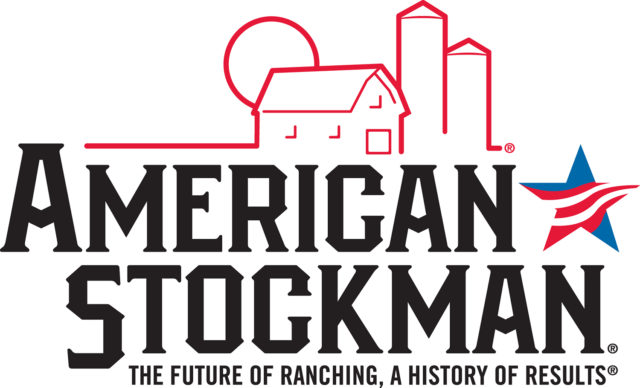Cattle producers often ask questions about health issues of individual cows or in a herd. Typically, my first question is, “Have you called the vet?” At least half of the time, the reply is, “No, not yet,” when the issue has been ongoing for the better part of a month.
Generally, increased management increases cost. However, there should be an expectation of increased revenue. Decreased management does not equal increased revenue. Efficiency and decreased management are not the same thing. For example, you may have heard the saying, “You can’t starve the profit out of a cow.” This is a sarcastic way of conveying the fact cattle need proper nutrition to make a profit.
In order to correctly reduce feed cost, people would need to select for more efficient cattle to help reduce inputs, for example. This idea holds true in herd health. Every herd functions and survives on three things: genetics, nutrition and health. All three components are governed by a producer’s management decisions and, at the same time, each significantly overlaps and impacts the other.
Cattle producers cannot improve profits by avoiding the supposed cost of veterinary assistance. As a non-veterinarian, I feel very unbiased in saying every cattle producer needs a working relationship with a licensed veterinarian that has beef cattle as part of their clinical practice.
As an old-school example, the Northwest Georgia Experiment Station performed a high- and low-management study in the early 1980s where the low-input herd was not given vaccinations. The low-input herd had a blackleg death. The cost of the lost animal was equal to 30 years of blackleg vaccine for a 40-head herd.
In 1991, a Kansas State study followed one 350-head herd that improved their profit per cow by $100 over three years of using a production medicine program. Veterinary cost per cow actually decreased from year one to year three, while the percentage of calf crops and weaning weights improved dramatically.
Most producers lose money through diseases they don’t know they have. Whether it’s warding off costly infertility or parasite resistance, an annual visit or herd working with a veterinarian can improve profits in the long run. Preventative medicine is essential. ![]()

-
Jason Duggin
- Beef Extension Specialist
- University of Georgia
- Email Jason Duggin








